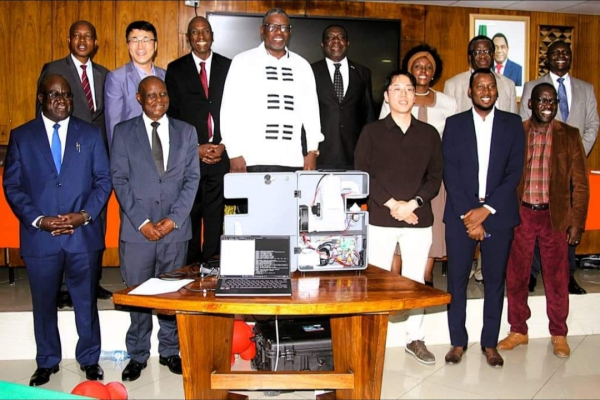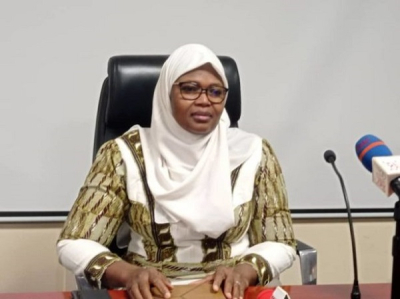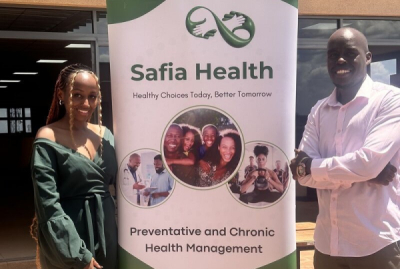Malaria remains one of Africa’s most pressing public health issues, accounting for over 90% of global malaria cases and deaths. Leveraging AI to enhance prevention, detection, and treatment can drastically reduce the disease’s burden, saving lives and improving health outcomes.
The University of Zambia (UNZA) and the Convergence Research Centre for Insect Vectors (CRCIV) of South Korea have signed an agreement to advance malaria research using artificial intelligence (AI). The partnership, signed on August 30, will establish a Research Center of Excellence at UNZA’s School of Engineering, focusing on preventing malaria outbreaks through AI technology.
For UNZA Acting Vice Chancellor, Professor Bornface Namangala, the partnership marks the beginning of a transformative effort to tackle malaria, a leading cause of death in Zambia.
SMART Zambia National Coordinator, Percy Chinyama, praised the collaboration, noting that the center could serve as a learning platform and help institutionalize AI in Zambia.
The initiative will leverage cutting-edge AI technology to identify mosquito species and combat malaria. An AI-powered system will be deployed to collect and accurately classify mosquito species, enhancing the precision of malaria prevention efforts. This project has garnered strong support from the government.
According to the U.S. President’s Malaria Initiative (PMI), which aids sub-Saharan African countries in controlling and eliminating malaria, Zambia remains highly endemic, with the entire population at risk. In 2022, the National Malaria Elimination Centre (NMEC) reported over 8.4 million cases, an incidence rate of 428 per 1,000 people annually, and 1,337 malaria-related deaths, equating to 8 deaths per 100,000 people.
This initiative aligns with Zambia’s National Malaria Monitoring and Evaluation (M&E) Plan 2022-2026, which outlines a framework for tracking malaria program indicators, data sources, analysis, information flow, reporting, and feedback for informed decision-making. It directly supports the plan’s goal of improving data-driven decision-making and achieving better health outcomes.
Hikmatu Bilali



















